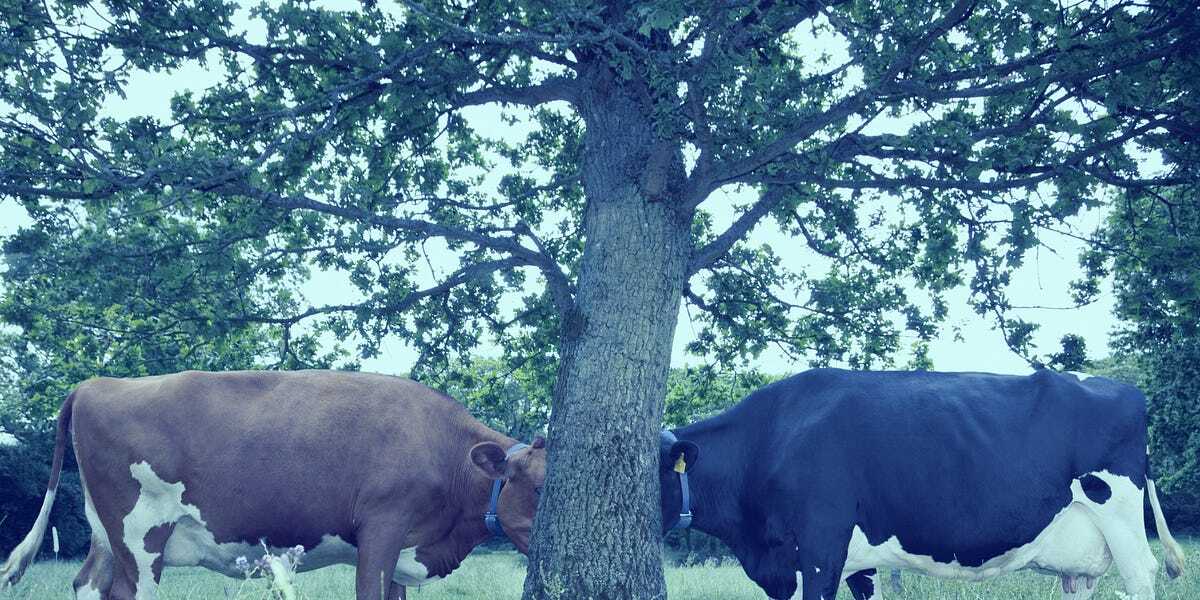In a graphic at the beginning of the report, the U.N. estimates that in 2023, livestock was responsible for only 6 percent of global greenhouse gas emissions.
The number struck me as strange. Because in my previous reporting on animal agriculture, I’ve found that livestock—particularly cattle—are responsible for anywhere from 11 to 20 percent of global emissions, according to a range of peer-reviewed studies.
Seeing this, I immediately considered that industry influence could be to blame. Because like the fossil fuel industry, the animal agriculture industry has a history of pressuring the scientific community to downplay its role in the climate crisis. The industry has recently censored U.N. reports on livestock emissions; pressured the IPCC to remove recommendations to shift to “plant-based diets” from its most recent report; and sent lobbyists to COP28 to convince policymakers that meat is beneficial for the environment.
What I found, however, was more an issue of scientific choice. According to Taryn Fransen, global climate program director at the World Resources Institute and one of the report’s lead authors, the U.N. report only measures direct, or Scope 1, emissions. This includes methane from cow burps, manure, and fertilizer. It doesn’t include indirect, or Scope 2 or 3 emissions for livestock: things like deforestation, growing feed, pasture management, and slaughterhouse waste.
Brilliant! If we simply don’t measure the full impact, the report will indicate much less of an impact! Truly some of the minds of our times went into this.
Feels a bit like that one time a meat eater accused me of drinking soy milk, because apparently that’s causing deforestation. She seemed to forget that livestock eat a great amount of soy.
They always have their cherry picked excuses.




